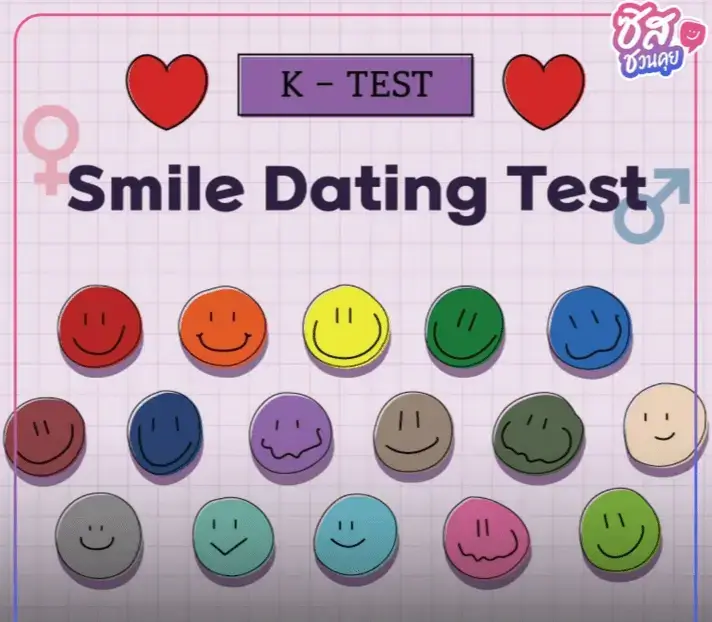Saying “it’s OK” when something is clearly not OK can be dismissive and invalidating. While it may seem like a harmless response, repeatedly telling someone “it’s OK” when they are upset sends the message that their feelings don’t matter.
According to psychologists, there are better phrases to use that validate the other person’s emotions and show support. Here are 10 alternatives to saying “it’s OK”:
1. “I’m here for you.”
Telling someone you’re there for them lets them know you care and are ready to listen or help if needed. According to clinical psychologist Dr. Joshua Klapow, saying “I’m here for you” is one of the most meaningful and helpful responses when someone is upset. It validates that their distress matters to you.
2. “I understand.”
Simply saying “I understand” conveys empathy and shows you relate to their situation on some level. Clinical psychologist Dr. Rachel Hall says this phrase demonstrates emotional support and understanding. It’s a way to acknowledge you hear them and their feelings are valid.
3. “I can imagine how upsetting/frustrating/disappointing that must feel.”
By naming the specific emotion you think they may be feeling, you validate the legitimacy of that feeling. According to psychotherapist Amy Morin, this allows the person to feel heard and known. It also gives them permission to elaborate on the emotion if they wish.
4. “Would you like to talk about it?”
Rather than minimizing their distress by saying “it’s OK,” ask if they need to talk it through. This shows you care about what’s really going on underneath the surface, says family therapist Racine Henry. It also gives them the option of opening up without being forced to.
5. “How can I help?”
Asking how you can help allows the person to think through what they actually need in that moment. According to psychologist John Mayer, this makes them feel supported and gives them back some sense of control. Offer options if they can’t identify a need.
6. “Do you need some space?”
Sometimes people don’t need you to fix the situation—they just need space to process their emotions. Counselor Chelsea Leigh Trescott says this question gives them permission to take a break from engaging without offense. This can help diffuse intense emotions.
7. “This sounds really tough.”
Acknowledging the difficulty of a situation shows empathy. Marriage therapist Irene Franck says responses like this allow the person to feel understood in their struggle. It also normalizes that their stress reaction makes sense given the circumstances.
8. “You have every right to feel that way.”
Rather than dismissing their feelings as no big deal, validate their emotions. According to psychologist Guy Winch, statements like this reassure the person it’s normal and acceptable to feel however they feel. It helps build emotional self-trust.
9. “I’m not going to judge you.”
Judgment can cause people to repress emotions and avoid vulnerability. Psychologist Susan Heitler recommends saying you won’t judge to create a safe space for the person to openly share thoughts and feelings without fear.
10. “I’m sorry you’re dealing with this.”
Expressing sorrow over their circumstances shows empathy for their situation. Counselor Keri Mangis says this validates how deeply difficult it is for them right now. It conveys that you care and wish they weren’t facing this pain or struggle.
The next time someone expresses upset and you’re tempted to brush it off saying “it’s OK,” stop and choose a response that validates their experience instead. Psychologists say offering empathy, asking questions, and avoiding judgment helps people feel supported through challenges. Your willingness to acknowledge and understand their distress can make a huge difference.












